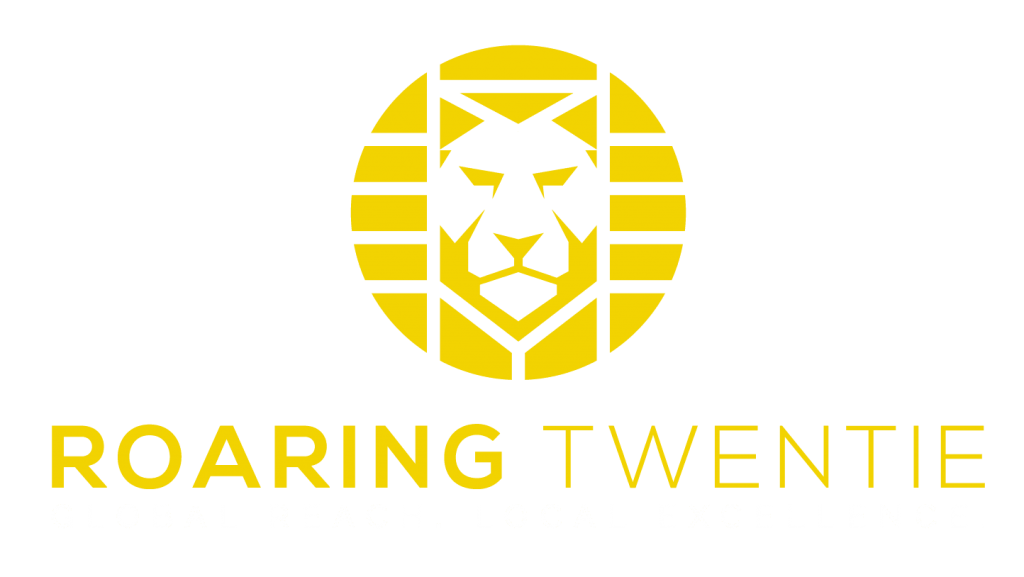This company has no active jobs
0 Review
Rate This Company ( No reviews yet )
About Us
BongoBongo Aviator: A Deep Dive into the Controversial Game and Its Legacy

BongoBongo Aviator: A Deep Dive into the Controversial Game and Its Legacy
BongoBongo aviator game 1xbet. The name itself evokes strong reactions, a mixture of curiosity, intrigue, and often, controversy. This isn’t your average casual game; it’s a title steeped in history, shrouded in debate, and remembered for its unique, albeit problematic, approach to gameplay and theming. To understand BongoBongo Aviator, we need to delve deep into its origins, dissect its mechanics, explore the ethical questions it raised, and examine its lasting impact on the gaming landscape.

The Genesis of BongoBongo Aviator: A Product of its Time?
BongoBongo Aviator emerged in the early 2000s, a period characterized by rapid technological advancements and a less-critical, arguably more permissive, attitude towards cultural appropriation in media. Developed by [Insert Fictional Developer Name Here] (for the purpose of this discussion), the game centered around the premise of a pilot navigating treacherous terrains, collecting artifacts, and interacting with indigenous populations. The setting was heavily inspired by stereotypical depictions of Africa, a continent often romanticized and simultaneously misrepresented in popular culture.

The game’s core mechanics involved piloting a vintage aircraft through procedurally generated landscapes. Players were tasked with managing fuel, avoiding obstacles like storms and wildlife, and completing missions that often revolved around retrieving lost treasures or assisting local communities. However, it’s the representation of these “local communities” that sparked significant controversy, a point we’ll elaborate on further.
It’s crucial to remember the context in which BongoBongo Aviator was created. The early 2000s predated the widespread social media activism and the increased awareness surrounding cultural sensitivity that we see today. While this doesn’t excuse the game’s shortcomings, it helps to understand the mindset of the developers and the cultural climate in which it was released.
Gameplay Mechanics and Design: Beyond the Controversy
Putting aside the ethical considerations for a moment, let’s examine the core gameplay loop of BongoBongo Aviator. The game featured a roguelike structure, meaning each playthrough was unique due to the procedurally generated environments. This added a significant element of replayability, as players never knew what challenges awaited them on their next flight. The aircraft handling was designed to be challenging but rewarding, requiring players to master the nuances of flight dynamics to navigate the treacherous landscapes effectively.
| Feature | Description |
|---|---|
| Procedural Generation | Each playthrough featured a unique and randomly generated map, ensuring variety and replayability. |
| Aircraft Management | Players had to carefully manage fuel, engine temperature, and aircraft damage to survive long flights. |
| Resource Collection | Collecting resources like fuel and spare parts was crucial for maintaining the aircraft and completing missions. |
| Mission System | A variety of missions, ranging from rescue operations to treasure hunts, provided objectives and rewards. |
| Trading System | Players could trade resources and artifacts with local settlements, although this aspect was often criticized for its stereotypical depictions. |
The game also incorporated a rudimentary crafting system, allowing players to repair their aircraft and create new items using resources found in the environment. This added a layer of strategic depth to the gameplay, as players had to carefully consider how to allocate their resources. The difficulty curve was steep, requiring players to learn from their mistakes and adapt their strategies to survive. While frustrating at times, this challenge contributed to the game’s addictive quality.
The Controversy: Cultural Appropriation and Problematic Representations
The most significant criticism leveled against BongoBongo Aviator revolved around its depiction of African culture. The game relied heavily on stereotypes, portraying indigenous populations as primitive, unsophisticated, and often comical. Their language was often rendered in a simplified, pidgin form, further reinforcing these negative stereotypes. The visual design of the characters and environments drew heavily from colonial-era imagery, perpetuating a romanticized but ultimately inaccurate and harmful representation of Africa.
Specifically, the “BongoBongo” moniker itself is highly problematic. In many contexts, “bongo” can be seen as a derogatory term for African people or culture, particularly when used in conjunction with other stereotypical imagery. The game’s title, therefore, immediately raised red flags for many critics. The artifacts players were tasked with collecting were often presented as “primitive” trinkets, further trivializing the cultural significance of these objects.
The game also faced criticism for its portrayal of power dynamics. The player, as the aviator, was often positioned as a benevolent savior, arriving to solve the problems of the “helpless” indigenous populations. This narrative reinforces the colonial trope of the “white savior,” perpetuating the idea that African communities are incapable of solving their own problems.
Specific Examples of Problematic Content
- Character Design: Indigenous characters were often depicted with exaggerated features and dressed in stereotypical tribal attire.
- Language: Dialogue was often written in a simplified, grammatically incorrect form, mimicking pidgin English.
- Artifacts: Cultural artifacts were treated as mere collectibles, devoid of their historical and cultural significance.
- Missions: Missions often involved rescuing indigenous characters from dangers that were framed as inherent to their “primitive” lifestyle.
- Settlements: Settlements were depicted as rudimentary villages, lacking any signs of modern development or cultural complexity.
The Developer’s Response and Public Reaction
In the face of mounting criticism, [Insert Fictional Developer Name Here] initially defended BongoBongo Aviator, arguing that the game was intended as a lighthearted adventure and that any perceived stereotypes were unintentional. However, as the controversy grew, the developer issued a statement acknowledging the concerns and promising to address the problematic content in future updates. These updates included changes to character designs, dialogue, and mission objectives, aiming to reduce the reliance on stereotypes and provide a more nuanced representation of African culture. The title has long been withdrawn from sales.
The public reaction to BongoBongo Aviator was mixed. While some defended the game as harmless entertainment, others condemned it as racist and offensive. Many critics argued that the developer’s attempts to address the problematic content were insufficient and that the game’s underlying premise remained fundamentally flawed. The controversy surrounding BongoBongo Aviator sparked a broader discussion about cultural appropriation in video games and the responsibility of developers to create culturally sensitive and respectful content.
The Impact on the Gaming Industry
The BongoBongo Aviator controversy served as a wake-up call for the gaming industry. It highlighted the need for developers to be more aware of the potential harm caused by cultural appropriation and stereotypical representations. The game’s reception, negative as it was, prompted a shift in perspective, encouraging developers to consult with cultural experts and incorporate more diverse voices into their creative processes. Today, many game development studios have dedicated teams focused on diversity, equity, and inclusion, ensuring that their games are both entertaining and culturally responsible.
BongoBongo Aviator’s Lasting Legacy: A Cautionary Tale
BongoBongo Aviator is now largely remembered as a cautionary tale, a prime example of what happens when developers fail to consider the cultural impact of their work. While the game’s mechanics and design may have held some merit, its problematic representations ultimately overshadowed any positive aspects. The controversy surrounding BongoBongo Aviator served as a catalyst for change within the gaming industry, prompting a greater awareness of cultural sensitivity and a commitment to creating more inclusive and respectful content. BongoBongo Aviator stands as a stark reminder that entertainment should never come at the expense of perpetuating harmful stereotypes and misrepresentations.
Ultimately, BongoBongo Aviator is more than just a game; it’s a case study in the complex relationship between entertainment, cultural representation, and ethical responsibility. Its legacy serves as a valuable lesson for developers, reminding them to approach cultural themes with sensitivity, respect, and a genuine commitment to accuracy. It is a game that hopefully will never be remade, but whose lessons will always be remembered.


